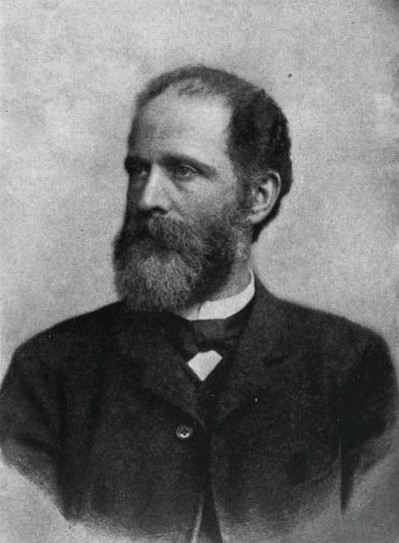Chemical Warfare: an Introduction to Mustard Gas | Chemically Speaking: the Structure of Mustard Gas | By Any other Name: Origins of Mustard Gas | In Flander’s Field: Mustard Gas Affects History | Agent of War to Anti-Cancer Drug: History Affects Mustard Gas | Taking the Next Step: More Sources on Mustard gas

Scientists involved in the discovery/synthesizing:
- César-Mansuete Desperetez (1798-1863): Reported on some of the properties of a combination of sulfur dichloride and ethylene, which reflected some of the properties of Mustard Gas, though without the irritating effects.
- Albert Niemann (1834-1861): First to describe Mustard Gas’s toxic properties,
- Frederick Guthrie (1833-1886): Synthesized and described the properties of mustard gas.
- Victor Meyer (1848-1897): Synthesized a purer product, which produced irritants that both take a long time to appear (hours after exposure) and take a long time to heal. (Above)
- Hans T. Clarke (1887-1972): Improved Meyer’s process as well as observing that by not breathing in the fumes or allowing contact with the skin that the molecule is “perfectly safe”.
Other Names of Mustard Gas:
- Bis(2-chloroethyl) sulfide
- Iprit
- Kampfstoff “Lost”
- Lost;
- Mustard Gas
- Senfgas
- Yellow Cross Liquid
- Yperite
- Distilled Mustard
- Mustard T- mixture
